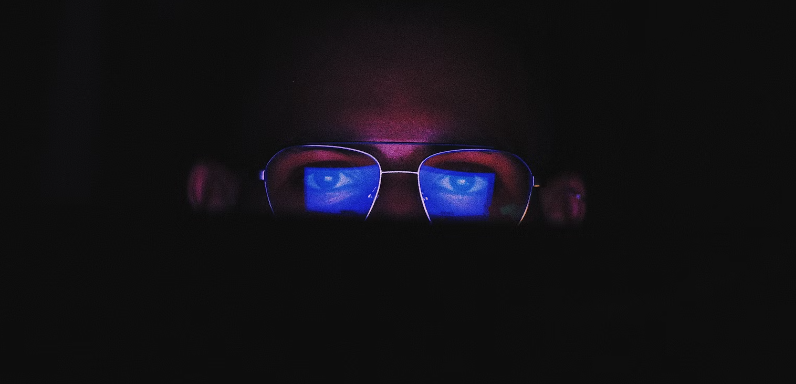Blue Light-Blocking Glasses Don’t Work How You Think

© nacer eddine / Unsplash
Long hours in front of a computer, or just a pesky sunlight on a day you do not feel way can have a great impact on how your day will go by. These are some of the many reasons that people opt for blue light-blocking glasses.
Most might believe that these glasses are a holy grail when it comes to protecting your eyes from the harsh light a computer might commit. However, recent research has something else to say about the matter.
The General Consensus
A recent meta-analysis of 17 studies has cast doubt on the effectiveness of blue light-blocking glasses, which are widely popular for claims of reducing eyestrain, enhancing alertness, and improving sleep. The research led by Laura Downie, an associate professor in optometry and vision sciences at the University of Melbourne, suggests that despite their popularity, these glasses may not provide the promised benefits.
While more research is needed, the current evidence suggests that there is likely no advantage to using these glasses for reducing digital eyestrain. Blue light-blocking glasses became particularly popular during the early stages of the pandemic, but their effectiveness remains uncertain.
So, why don’t these blue light-blocking glasses work that way?
Blue light possesses a shorter wavelength compared to other visible light, like red or green light. This has raised concerns among experts about the potential long-term harm blue light may inflict on the eye, especially the retina, which transmits visual signals to the brain for image formation. Nevertheless, it remains uncertain whether blue light exposure genuinely leads to retinal damage in humans, as stated by Downie.

She and her research team conducted an assessment of 17 randomized controlled trials examining the impact of blue light glasses on vision, eye well-being, and sleep quality. The findings from this analysis were published in the Cochrane Database of Systematic Reviews.
The Connection Between Blue Light and Eye Strains
Blue light-blocking glasses have shown limited effectiveness in reducing eyestrain from screens. They showed that only three out of numerous studies demonstrated a slight improvement, albeit over short periods. Experts like Mark Rosenfield, a professor of biological and vision sciences, express skepticism about their efficacy. Rosenfield cited the scarcity of strong evidence.
The glasses’ underwhelming performance can be attributed to two factors. One of them is that screens emit relatively low levels of blue light. The other is that the glasses themselves only filter out a small portion of it, typically around 10% to 25%. Moreover, the primary source of blue light exposure is the sun, not screens.
Despite concerns about blue light, the low levels emitted by screens are unlikely to be the primary cause of eyestrain. Instead, the strain is more likely a result of how screens are typically viewed. This is particularly true in handheld devices like phones and tablets. As this is where the eyes must work harder due to the closer viewing distance compared to printed material like paper.
The effectiveness of blue light-blocking glasses in reducing eyestrain from screens appears to be inconclusive, with limited evidence supporting their benefits. The debate surrounding the impact of blue light from screens on eye health continues, and experts remain divided.


